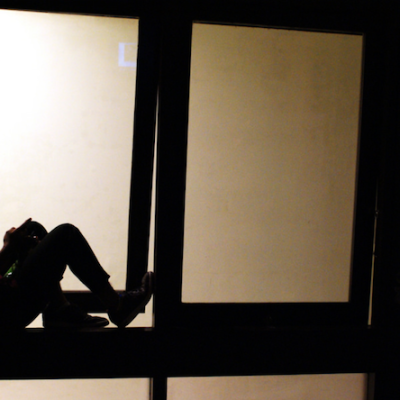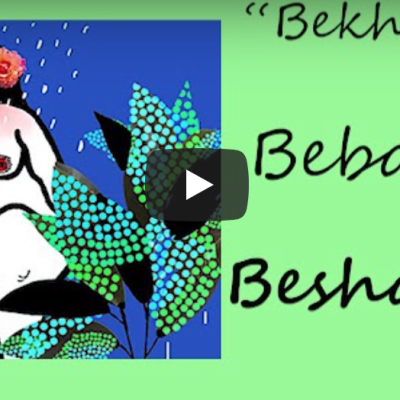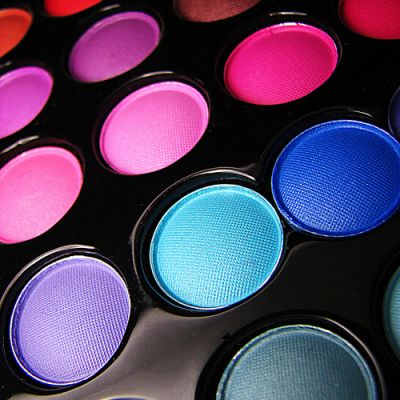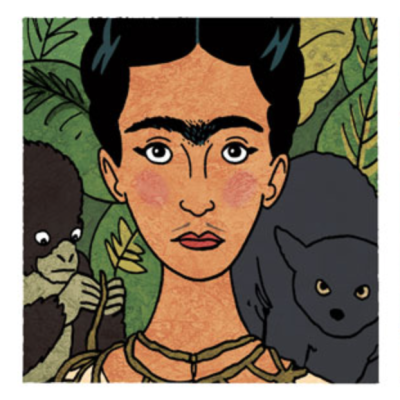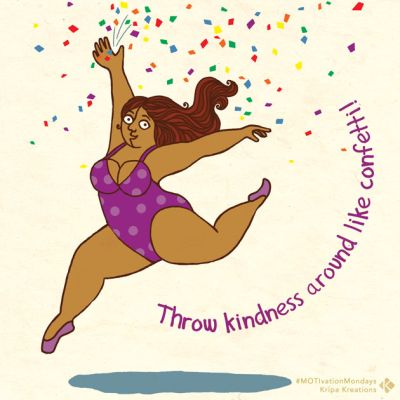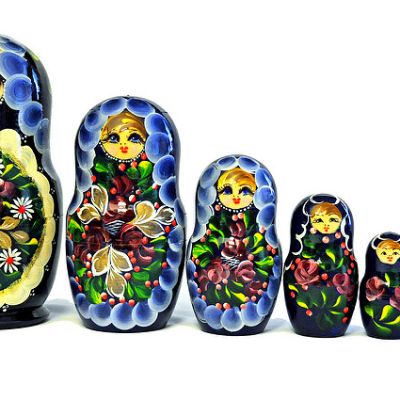Categories
Bleaching syndrome is not a superficial fashion, it’s a strategy of assimilating a superior identity that reflects a deep-set belief that fair skin is better, more powerful, prettier. And it’s not limited to India; skin bleaching is also common in the rest of Asia and in Africa.
“Moti” is often used as a slur, a denigrating epithet translating as “Fatty”, that is used to shame and to degrade; but when the “t” sound is pronounced differently, it becomes “moti”, a pearl – shining, precious, priceless.
“It’s fascinating Yasmina, but also scary how sex or sexualising something can be ignited from our need for beauty that probably stirs positive emotions that we consider beautiful, such as feeling pleasure. But you know as well, desiring what we think is beautiful can generate fluidity: I can never know what I am exactly. All I know is that I was with men, and I was with women, and all of them tickled something within me. “
Beauty – a word that often haunts me, and ironically also a key idea in the process of my own…
“I realised plus-size acceptance is neither a movement to eat whatever you want nor is it about placing restrictions,” Amina said. “It’s about being kind to your body and realising you are not defined by the size of your waist.”
उठा तो फिर से आँखें लाल थीं। फिर से भगवान से प्रार्थना करते हुए उठा कि कल तक सब कुछ…
Should we train it to think well, all these minds would see reason in similar things and they would come up with the same absolute reality – a universal Truth. That Truth would be a reflection of the Natural order for all humankind. That Truth alone would be beautiful.
In a world where the body and its desires often become a site for personal insecurities and external policing, confronting the same body in its raw, physical nakedness, and feeling utterly, irrevocably comfortable with it is almost a revolutionary act
I have been the overprotective patriarch and now it is time for me to find solidarity with my sister who will go through myriad experiences. I need to be there to support her while at the same time make her question her decisions rather than being a judgmental feminist.
When you feel “strange”, alienated, divergent from the reigning patriarchal standards of beauty, and are persecuted for it, sometimes all you need is a kindred spirit.
Kripa Joshi, an Illustrator and Comic Artist from Nepal, is the creator of Miss Moti, a character who defies stereotypical notions of how a person should look, feel and be. Kripa’s own experiences growing up as a plump person and her struggles with weight, have informed and inspired Miss Moti.
As Sontag points out, camp is a mode of enjoyment, not judgment. It is intrinsically generous, and is a form of love for human nature, it relishes the awkward intensities of character. Central to camp is a tenderness of feeling and love that has gone into certain objects and personal styles.
Today I do not know whether I want to grow out my hair or keep it short; I am just trying to breathe and be in the moment. To enjoy the journey rather than worrying, and waiting for the destination!
The last few years have been a struggle in accepting myself with the possibility of always having acne and believing that I am still beautiful, even on the “outside”. This journey of believing that I can be worthy of love, attraction, expression and desire regardless of my looks continues to be liberating and empowering.
We are many selves. Or rather, like a series of Russian Matryoshka dolls nested one within the other, we perform…




